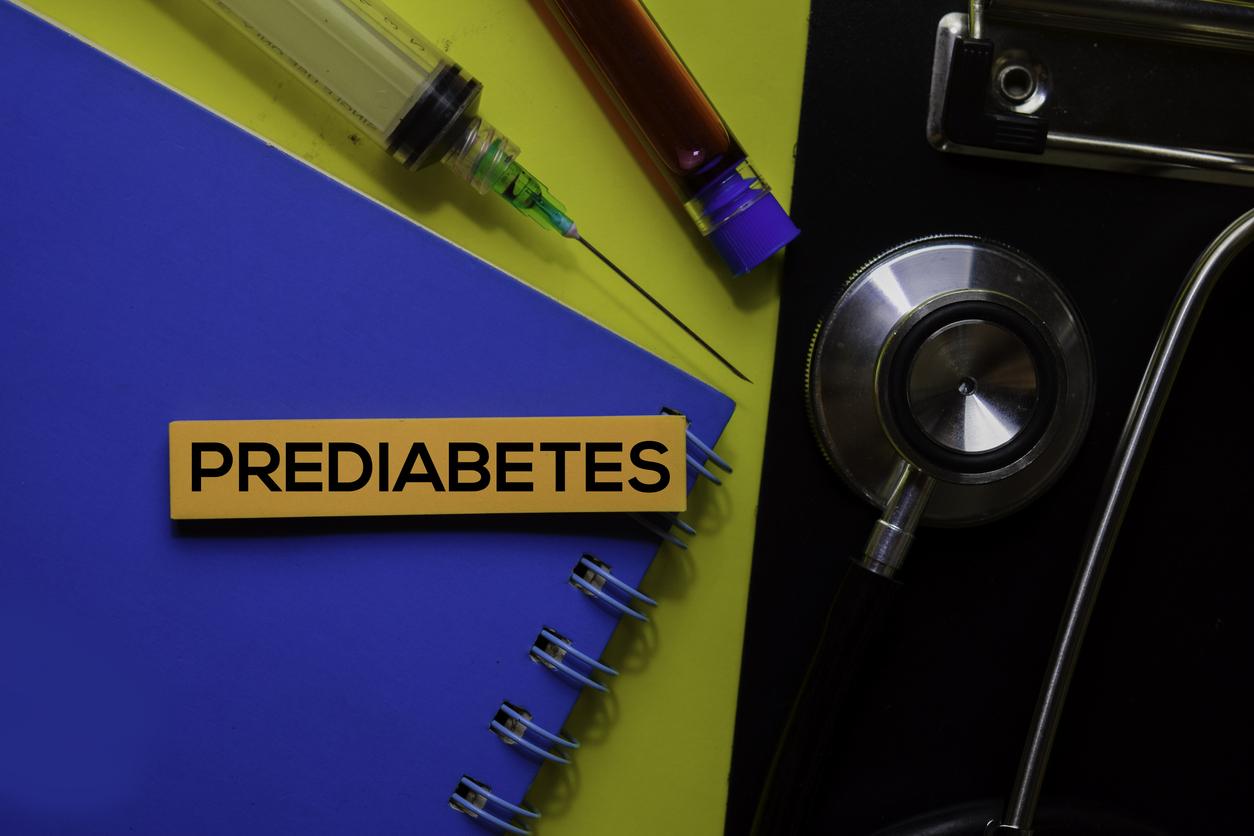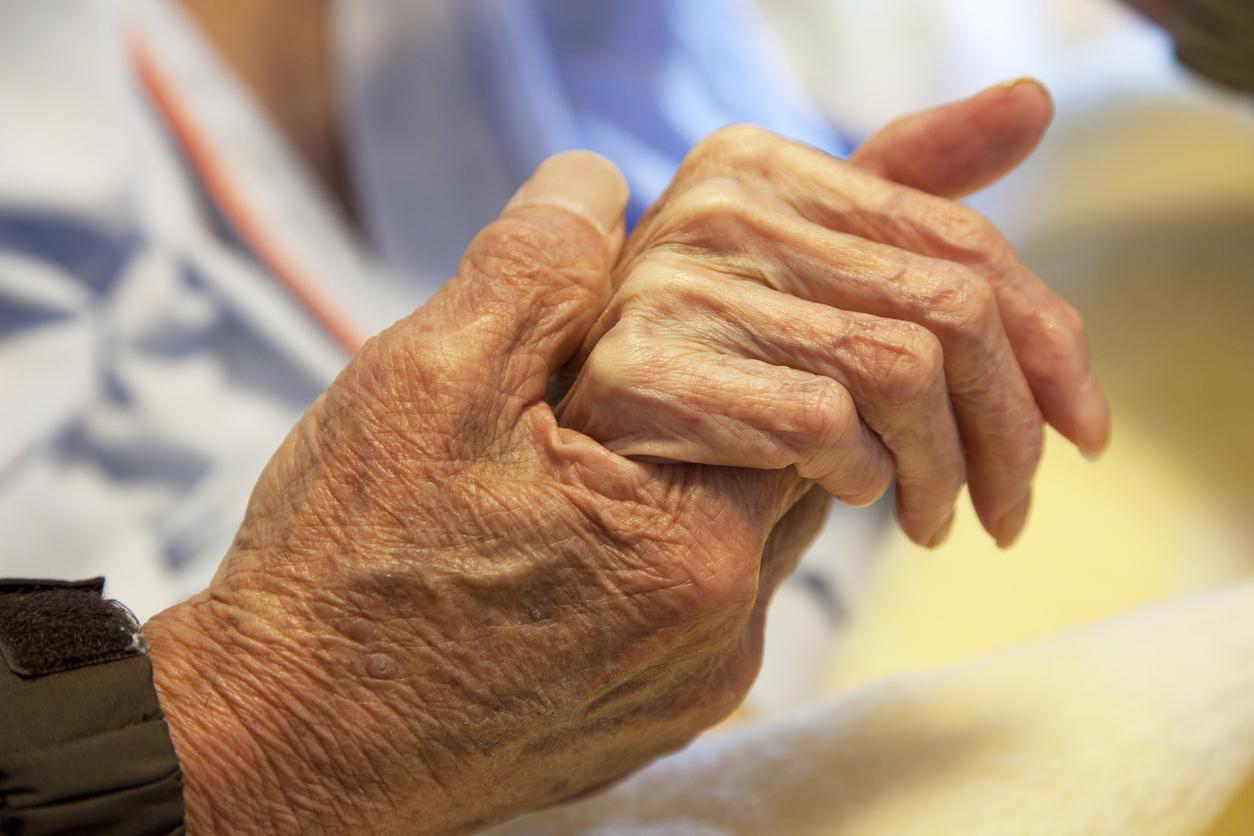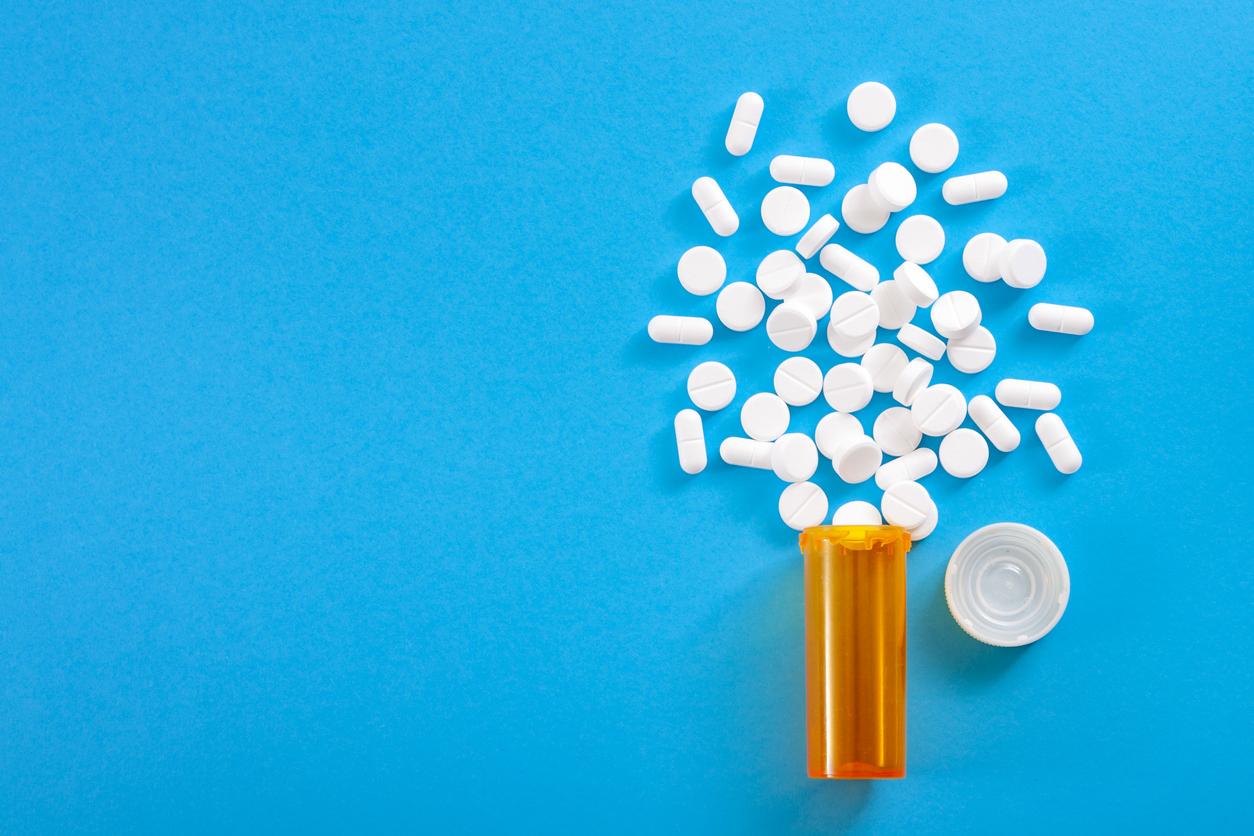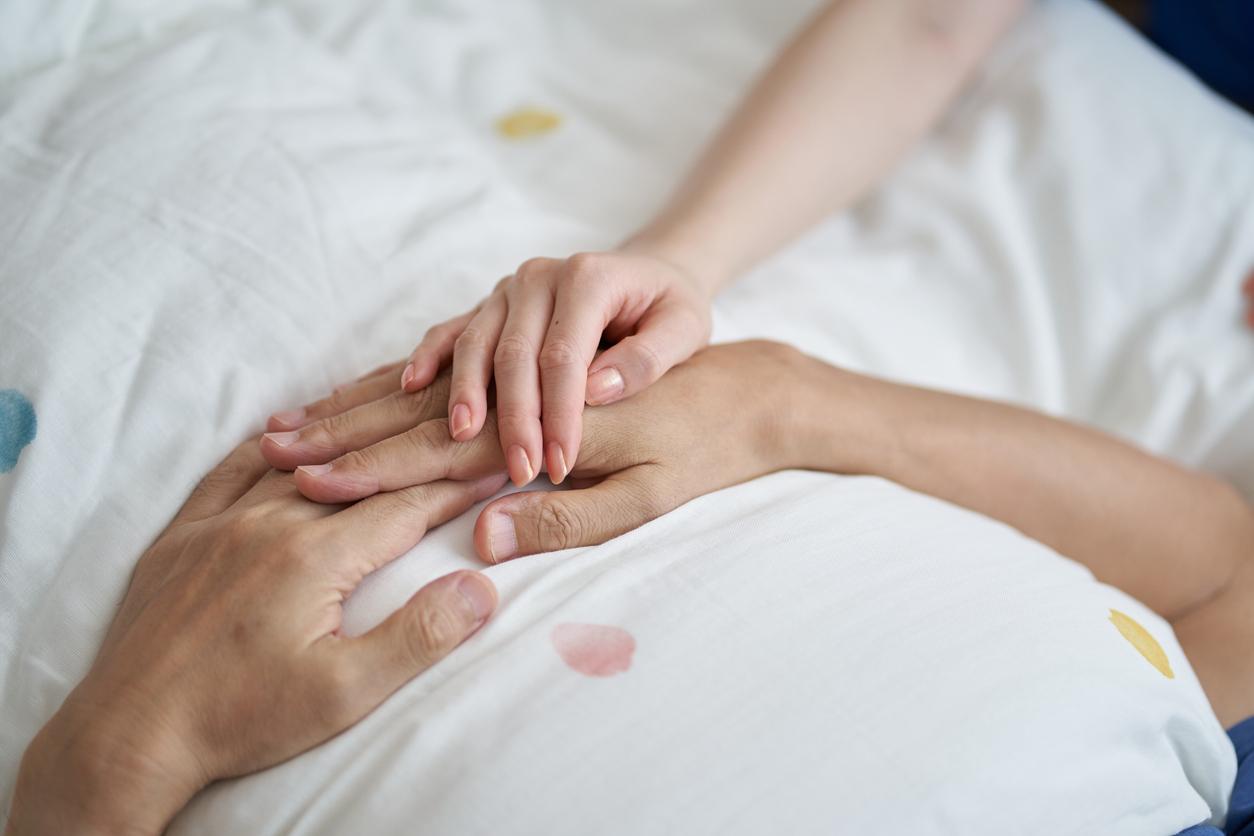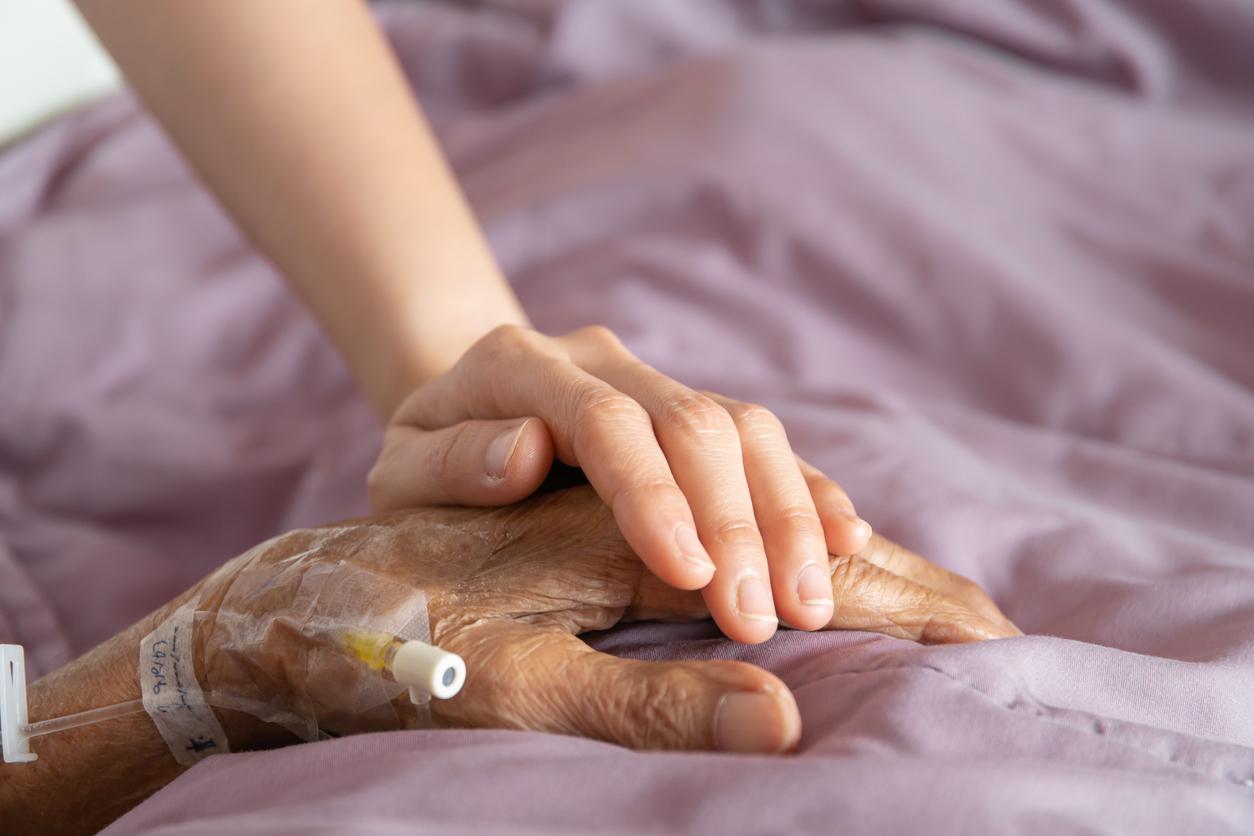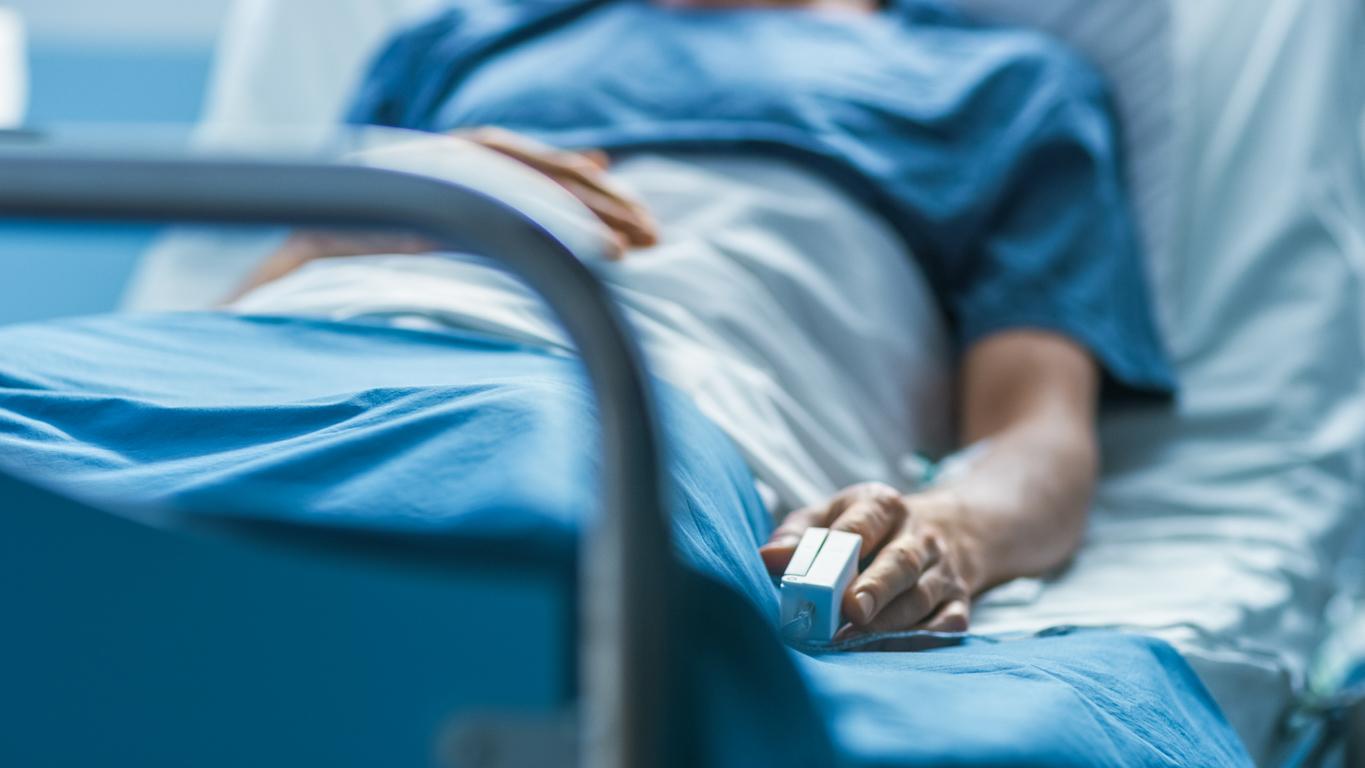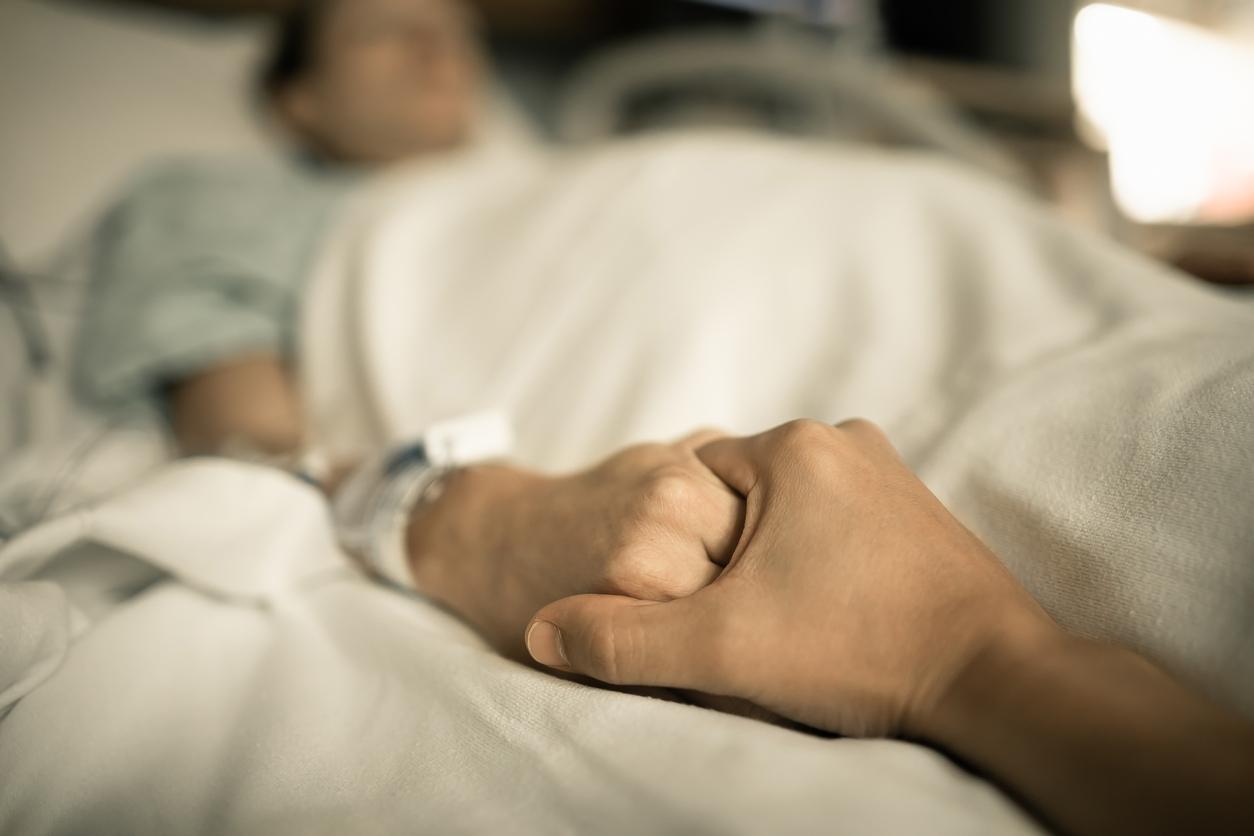Four months after challenging the decision to stop treatment, the parents of 11-month-old Charlie agreed to let him go.

The parents of little Charlie Gard, 11 months, have decided to abandon their legal battle. They announced to the High Court in London that they were giving up on requiring the maintenance of their infant with a mitochondrial disease called mitochondrial DNA depletion syndrome. This causes the muscles to degenerate and prevents Charlie from breathing on his own.
“This is the most difficult decision we have ever made. After the final round of exams, we decided to let our son go, ”said Connie Yates, Charlie’s mother. An announcement that upset pro-life activists gathered in front of the High Court of Justice in London.
Last December, doctors at the London Hospital of Great Ormond Street had collegially decided to interrupt care due to the rapid deterioration of the little boy’s state of health. But in April, Chris Gard and Connie Yates challenged the decision, hoping their son could be saved by an experimental treatment being tested in the United States and Italy. “We just wanted to give him a chance to live,” slipped Connie Yates at the helm, reports The world.
Pope Francis and Donald Trump support them
While the British Supreme Court and the European Court of Human Rights ruled in favor of the doctors, the couple were able to find support from Pope Francis and even from US President Donald Trump.
“Unfortunately, it’s too late,” Grant Armstrong, the parents’ lawyer, said Monday afternoon. It is no longer in Charlie’s best interests to continue treatment ”. In front of an audience of journalists, the parents and their lawyer explained that Charlie was suffering from significant muscle damage. “The damage to his muscles is irreversible,” said Grant Armstrong.
Parents remain convinced that their child could have been better if the experimental therapy had been tried earlier. They now hope that other children can benefit from it. The money they had managed to collect for their son on a crowdfunding platform (more than 1.5 million euros) will therefore be donated to a foundation.
.





